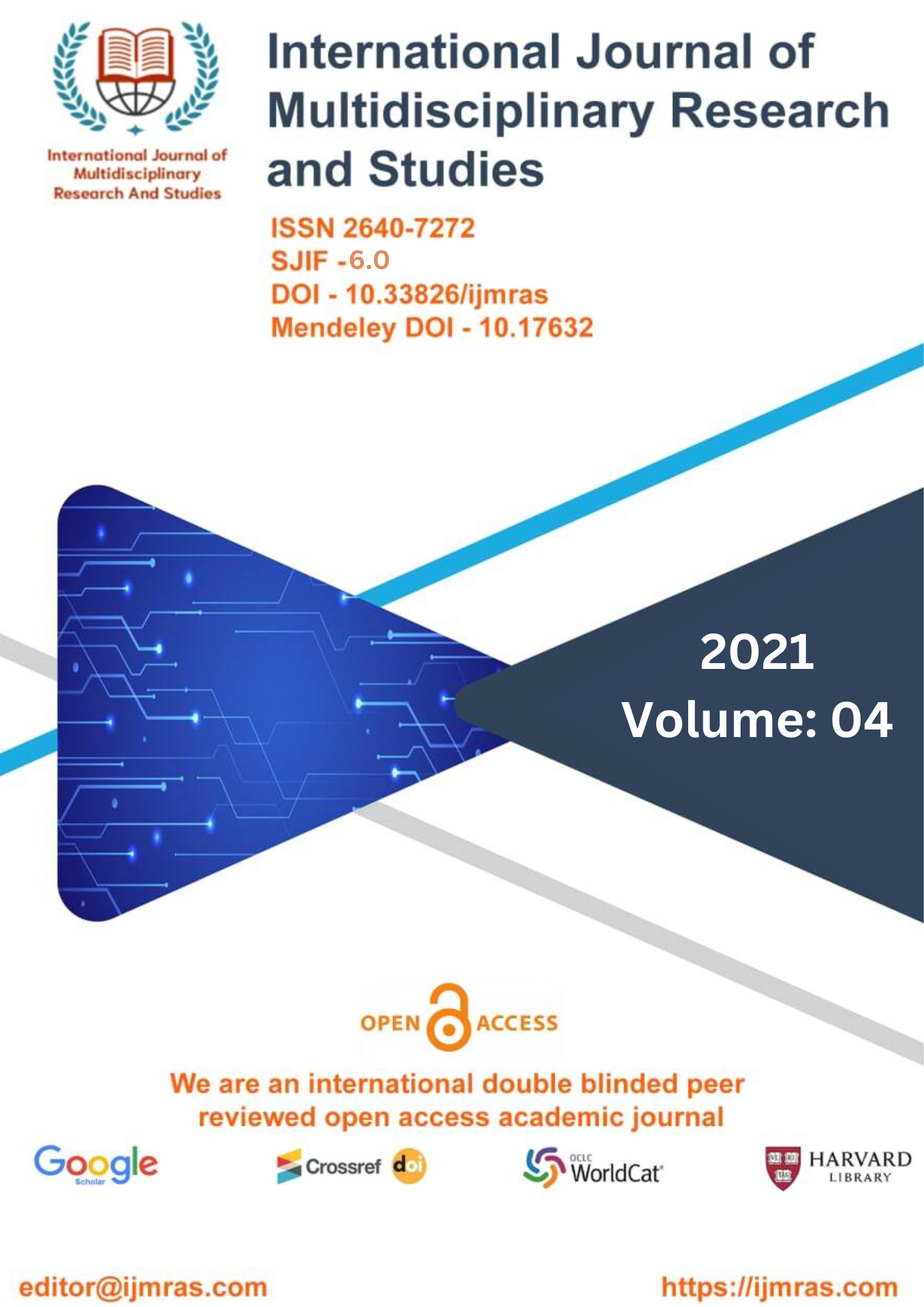THEME IN THE PLAYS OF GIRISH KARNA

Abstract
Chitra is a one-act drama that tells the narrative of Arjuna, the third Pandava, and how he came to Manipur on his travels as he was seeking to accomplish his penance. The play is based on the story of Arjuna. Here, he meets Chitrangada, the stunning daughter of King Chitravahan, who rules over this region. The king's sole child was a girl, and he had no other children who could succeed him as ruler of the realm. When Arjuna approaches the monarch to ask for Chitrangada's hand in marriage, the king presents Arjuna with a condition: the son that would be born to Chitrangada is required to be handed to the king so that he might succeed to the throne after the king's death. Arjuna gives in, and the couple eventually gets married. After some time, Chitra gives birth to a boy, at which point Arjuna departs for Hastinapur. Tagore's play, on the other hand, makes several alterations to the narrative. Chitra is portrayed in the drama as the king's fiercely independent and brave daughter. She has the ability to defend the people who serve the monarch against burglars and other criminals. She carries herself in a masculine manner and is devoid of any romantic thoughts. But all changes when she meets Arjuna, and she immediately falls in love with him. She removes the manly clothing she was wearing and transforms herself into a lovely lady so that she might woo Arjuna. Arjuna can't resist the allure she exudes. However, Chitra does not make an effort to conceal her fierce and combative nature from him. She shakes herself out of the voluptuous, soft, and timid form of beauty and finally reveals herself to Arjuna in her true form. She says to him, "and stands up straight and strong with the strength of a daring heart spurning the wiles and arts of twining weakness if I hold my head high like a tall young mountain fir...would she then appeal to a man's eye?" She goes on to ask him if she would then appeal to a man's She is not a deity and should not be worshipped; she is simply Chitra. Arjuna has no problem acknowledging her in her true, original form.
Keywords
technique, theme, form, layHow to Cite
References
Abrams, M. H. A Glossary of Literary Terms, 7th ed., Cornel University, Harcourt College Publishers, 2001.
Babu Sarat, M. Indian Drama Today. New Delhi: Prestige Books, 1997.
Buitenen, J. A. B. Van. Translation of The Mahabharata, 2) The Book of the Assembly Hall, 3) The Book of the Forest, University of Chicago Press, 1989.
Soyinka, Wole. Myth, Literature and the African World. Cambridge: Cambridge University Press, 1976.
Barche, G.D. ―Tughlaq: A Study in Patanjali‘s Concept of Abhinivesa‖. Indian Drama in English. Ed. Kumar Charandeep and Dr C.L Khatri. Ed. Jaipur: Book Enclave, 2007.
Bhelkey, Subhas E. ―A Vandantic Model of Spiritual Humanism‖. Facet of Humanism. Ed. P.K.Mohapatra. New Delhi: Decent Books, 1999.
Chakraborty, Kaustav. Indian Drama in English. 2nd Ed. New Delhi: PHI Learning Pvt. Ltd., 2014.
Chandrakala, S. Halli. Status of Women in India, status of ancient, medieval and modern. Imperial Journal of Interdisciplinary Research, 2.2: 2016.
Hari Padma Rani, P. ―The Form of Indian Drama in English: A Few Problems‖ Indian English Drama: Critical Perspectives. Ed. Dodiya, Jaydipsinh K. and K.V. Surendran. New Delhi: Sarup& Sons, 2000.
Indra. Status of Women in Ancient India. Banaras: Motilal Banarassidas, 1955. Iyengar, K.M. Srinivas. Indian Writings in English. New Delhi: Sterling Publishers, 1985.
Jain, Jasbir. ―Flowers: A Dramatic Monologue: Patriarchal Power and The Nature of Sacrifice‖. Girish Karnad‟s Plays: Performance and Critical Perspectives. Ed. Tutun Mukherjee, New Delhi: Pencraft International, 2008.
Kapoor, Mrs. Rani. The Laws of Manu. Cosmo Publications. 2004. Google book Search. 8 Jan. 2020.
Kosta, Abhishekh. The plays of Girish Karnad- A Study in Myths and Gender. OUP: 2012.
Mee, Erin B. Drama Contemporary: India. Johns Hopkins University Press, 2007. Memoria, C.B. Social Problem and Social Disorganization in India. Allahabad: Kitab Mahal, 1960.
Raju, B. Yadav. ―Race and Gender in Yayati‖ in Girish Karnad‘s Plays performance and Critical Perspectives. Tutun Mukherjee, Ed., New Delhi: Pencraft International, 2006.
License
Copyright (c) 2021 Shabnam

This work is licensed under a Creative Commons Attribution 4.0 International License.
Individual articles are published Open Access under the Creative Commons Licence: CC-BY 4.0.




